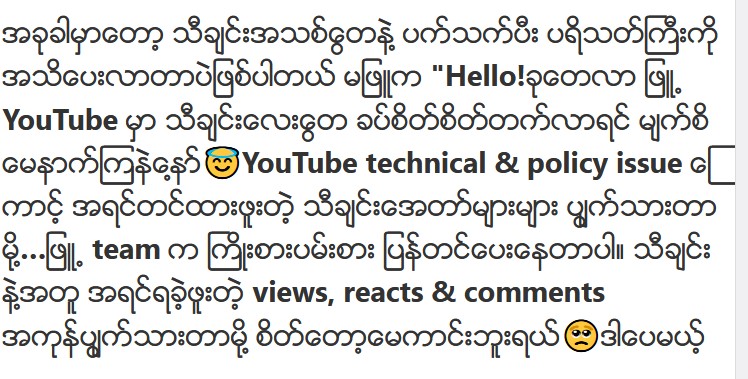










In today’s fast-paced digital landscape, the intersection of artificial intelligence (AI) and marketing has ushered in a new era of personalized advertising strategies. Gone are the days of generic mass marketing; AI empowers businesses to tailor their approach, reaching consumers with pinpoint accuracy. Let’s delve into the transformative impact of AI on personalized marketing and explore targeted advertising strategies that are reshaping the industry.
- Understanding AI-Powered Personalization: AI-driven personalization revolutionizes how brands interact with consumers. By harnessing vast amounts of data, AI algorithms analyze user behavior, preferences, and demographics to deliver highly targeted content. This enables brands to create tailored experiences that resonate deeply with individual consumers, fostering stronger connections and driving conversion rates.
- Enhanced Customer Experience: Personalized marketing powered by AI enhances the customer experience by providing relevant and timely content. Whether through personalized recommendations, dynamic website content, or targeted email campaigns, AI ensures that each interaction feels personalized and meaningful. This not only increases engagement but also cultivates brand loyalty and long-term customer relationships.
- Precision Targeting: One of the most significant advantages of AI in marketing is its ability to facilitate precision targeting. By analyzing customer data and online behavior, AI algorithms can identify specific audience segments with remarkable accuracy. This enables marketers to craft hyper-targeted campaigns tailored to the unique preferences and interests of each segment, maximizing relevance and effectiveness.
- Dynamic Content Optimization: AI-powered tools enable dynamic content optimization, allowing marketers to deliver personalized content in real-time based on user interactions. From personalized product recommendations to customized website experiences, AI continuously adapts content to align with the evolving needs and preferences of individual users, optimizing engagement and driving conversions.
- Predictive Analytics: AI’s predictive analytics capabilities empower marketers to anticipate consumer behavior and trends with unprecedented accuracy. By leveraging historical data and machine learning algorithms, businesses can forecast future customer actions, enabling proactive decision-making and targeted marketing initiatives. This foresight enables brands to stay ahead of the competition and capitalize on emerging opportunities.
- Automation and Efficiency: Incorporating AI into personalized marketing strategies streamlines processes and improves efficiency. Automated workflows, chatbots, and AI-powered analytics minimize manual tasks, allowing marketers to focus on strategy and creativity. This not only saves time and resources but also ensures consistent delivery of personalized experiences across all touchpoints.
- Overcoming Challenges: While AI offers immense potential for personalized marketing, it also presents challenges such as data privacy concerns and algorithm bias. Addressing these challenges requires a balanced approach that prioritizes transparency, ethical practices, and ongoing refinement of AI algorithms to mitigate bias and ensure fairness in targeting and decision-making.
- The Future of Personalized Marketing: As AI continues to evolve, the future of personalized marketing holds even greater promise. Advancements in machine learning, natural language processing, and predictive analytics will further enhance the precision and effectiveness of targeted advertising strategies. By embracing AI-driven personalization, businesses can stay ahead of the curve, delighting customers with tailored experiences that drive growth and loyalty.
The impact of AI on personalized marketing is undeniable, transforming the way brands engage with consumers and driving unprecedented levels of relevance and effectiveness. By leveraging AI-powered tools and strategies, businesses can unlock new opportunities for growth, foster deeper connections with customers, and stay competitive in an increasingly digital world. As technology continues to evolve, embracing AI-driven personalization will be essential for businesses looking to thrive in the ever-changing landscape of marketing.